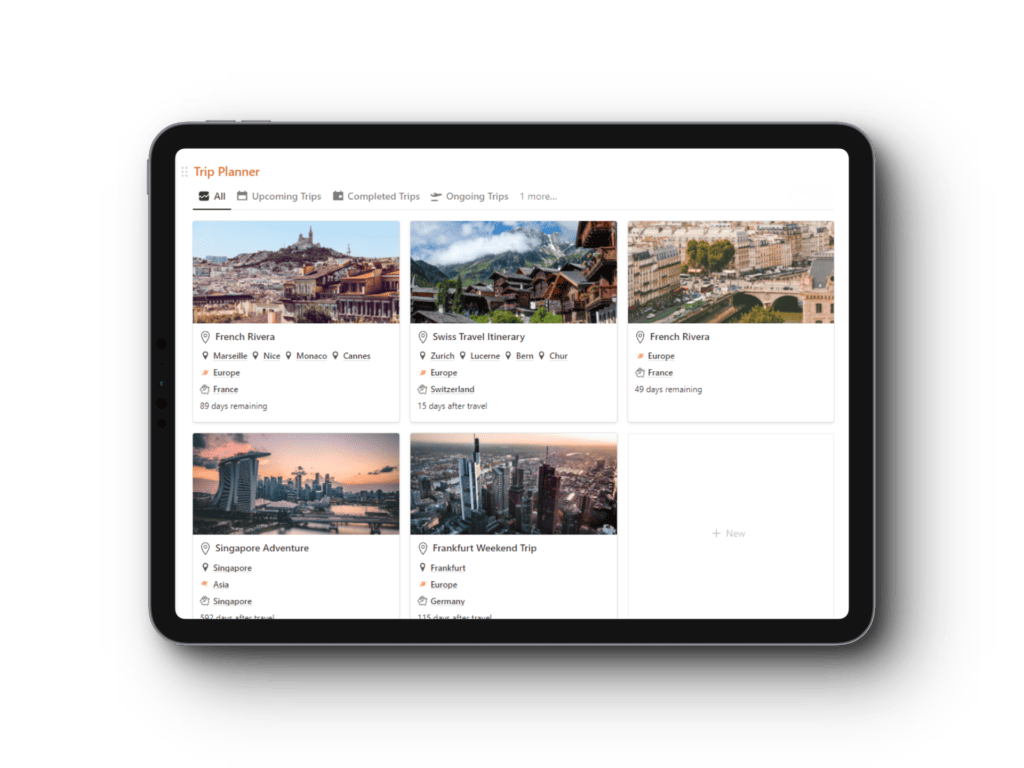Navigating the Skies: Understanding Drone Laws in France
France has implemented strict drone laws to ensure the safety and privacy of its citizens. These laws are in place to regulate the use of drones and prevent any potential accidents or incidents. It is important for drone operators to familiarize themselves with these laws and follow them to avoid penalties and ensure the safety of themselves and others.
If you’d like to contact the French Civil Aviation Authority before you travel with any questions you might have, message them on Twitter: @DGAC
Quick Tip: Discover how to obtain your EU Drone License quickly and effortlessly with Drone Class’s expert guidance. 📜🤝 Say goodbye to the hassles of navigating the bureaucratic maze and say hello to flying high in Spain legally and confidently! 🌄🚀
The Different Categories of Drones in France
In France, drones are categorized into four different categories based on their weight and capabilities. Which is the same one as you have in Europe Drone Rules.
The categories are as follows:
1. Category A1: Drones weighing less than 250 grams. These drones are considered low-risk and can be flown without any specific requirements or authorizations.
2. Category A2: Drones weighing between 250 grams and 800 grams. These drones require a theoretical training course and a declaration of compliance with safety rules. They can be flown in unpopulated areas and must maintain a distance of at least 30 meters from people.
3. Category A3: Drones weighing between 800 grams and 4 kilograms. These drones require a theoretical training course, a declaration of compliance with safety rules, and a registration with the French civil aviation authority. They can be flown in unpopulated areas and must maintain a distance of at least 50 meters from people.
4. Category A4: Drones weighing more than 4 kilograms. These drones require a theoretical training course, a declaration of compliance with safety rules, a registration with the French civil aviation authority, and an authorization for each flight. They can only be flown in designated areas and must maintain a distance of at least 150 meters from people.
Registering Your Drone in France
To register your drone in France, you need to follow a step-by-step process. Here is a guide on how to register your drone:
1. Determine the category of your drone based on its weight and capabilities.
2. Complete the theoretical training course required for your drone category. This course covers topics such as safety rules, flight regulations, and airspace restrictions.
3. Fill out the registration form provided by the French civil aviation authority. This form requires information such as your personal details, drone specifications, and proof of completion of the theoretical training course.
4. Pay the registration fee, which varies depending on the category of your drone.
5. Once your registration is approved, you will receive a registration number that must be displayed on your drone.
It is important to register your drone in France to avoid penalties. Flying an unregistered drone is illegal and can result in fines or confiscation of the drone.
Understanding the No-Fly Zones in France
France has designated certain areas as no-fly zones for drones. These areas include airports, military installations, nuclear power plants, and other sensitive locations. It is important to understand and respect these no-fly zones to ensure the safety of airspace and avoid penalties.
Flying a drone in a no-fly zone can have serious consequences, including the disruption of air traffic and potential danger to people and property. Violating these restrictions can result in fines, confiscation of the drone, and even criminal charges.
To avoid flying in no-fly zones, drone operators should consult the official maps provided by the French civil aviation authority. These maps outline the restricted areas and provide information on the specific restrictions and requirements for each zone.
The Legal Age for Flying a Drone in France
In France, the legal age for flying a drone depends on the category of the drone. For drones in category A1, there is no specific age restriction. However, for drones in categories A2, A3, and A4, the legal age is 14 years old.
It is important to follow the age restrictions for flying a drone in France to ensure the safety of both the operator and others. Flying a drone requires a certain level of maturity and responsibility, and younger children may not have the necessary skills to operate a drone safely.
Parents or guardians should supervise children under the legal age when flying a drone and ensure that they understand and follow all safety guidelines and regulations.
The Importance of Liability Insurance for Drone Owners in France
Liability insurance is an important requirement for drone owners in France. This insurance provides coverage in case of any damage or injury caused by the drone during its operation.
In France, liability insurance is mandatory for drones in categories A3 and A4. This insurance must cover a minimum amount of 1 million euros for personal injury and 100,000 euros for property damage.
Having liability insurance is important for drone owners as it protects them from potential financial liabilities in case of accidents or incidents involving their drones. It also ensures that any damage or injury caused by the drone is properly compensated.
The Penalties for Breaking France’s Drone Laws
Breaking France’s drone laws can result in severe penalties. The penalties vary depending on the nature and severity of the violation. Here are some examples of the penalties for breaking France’s drone laws:
1. Flying an unregistered drone: Fines of up to 75,000 euros and confiscation of the drone.
2. Flying a drone in a no-fly zone: Fines of up to 45,000 euros and confiscation of the drone.
3. Flying a drone without liability insurance: Fines of up to 75,000 euros and confiscation of the drone.
4. Flying a drone in a reckless or dangerous manner: Fines of up to 15,000 euros and confiscation of the drone.
It is important to follow France’s drone laws to avoid these penalties and legal consequences. Drone operators should familiarize themselves with the regulations and ensure that they are in compliance at all times.
Tips for Safe and Legal Drone Flying in France
To ensure safe and legal drone flying in France, here are some tips to follow:
1. Familiarize yourself with the drone laws and regulations in France. Stay updated with any changes or updates to the laws.
2. Register your drone and display the registration number on your drone.
3. Respect the no-fly zones and avoid flying in restricted areas.
4. Fly your drone within visual line of sight and maintain a safe distance from people, buildings, and other aircraft.
5. Follow all safety guidelines and recommendations provided by the drone manufacturer.
6. Obtain liability insurance if required for your drone category.
7. Be mindful of privacy concerns and avoid capturing or recording images or videos of people without their consent.
8. Fly your drone in a responsible and considerate manner, taking into account the safety and privacy of others.
Following these tips will help ensure the safety of yourself and others, as well as prevent any potential legal consequences.
The Future of France’s Drone Laws
France’s drone laws are constantly evolving to keep up with the advancements in drone technology and address any emerging safety or privacy concerns. It is important for drone operators to stay up-to-date with these laws to ensure compliance.
The future of France’s drone laws may include stricter regulations, especially in areas such as privacy and security. There may be additional requirements for drone operators, such as mandatory training courses or certifications.
It is important for drone operators to stay informed about any changes or updates to France’s drone laws and adapt their practices accordingly. This will help ensure that they are flying their drones legally and responsibly.
Conclusion: Navigating France’s Drone Laws with Confidence
In conclusion, France has implemented strict drone laws to ensure the safety and privacy of its citizens. It is important for drone operators to familiarize themselves with these laws and follow them to avoid penalties and legal consequences.
Drone operators should understand the different categories of drones in France and the requirements for each category. They should also register their drones and display the registration number on their drones.
Respecting the no-fly zones and following the legal age restrictions for flying a drone are also crucial. Liability insurance is mandatory for certain drone categories and provides protection in case of any damage or injury caused by the drone.
Breaking France’s drone laws can result in severe penalties, so it is important to follow the regulations at all times. Following safety guidelines and flying drones responsibly will help ensure the safety of yourself and others.
Staying up-to-date with France’s drone laws is important as they may change or be updated in the future. By navigating France’s drone laws with confidence, drone operators can enjoy flying their drones legally and responsibly in the country.
Get your Notion Travel Planner Template!
Embark on your next adventure with the Wanderlust Planner, the ultimate Notion Travel Planner Template. Organize your wanderlust-fueled dreams and turn them into unforgettable journeys. Whether you’re a seasoned globetrotter or a newbie explorer, this template has you covered.







